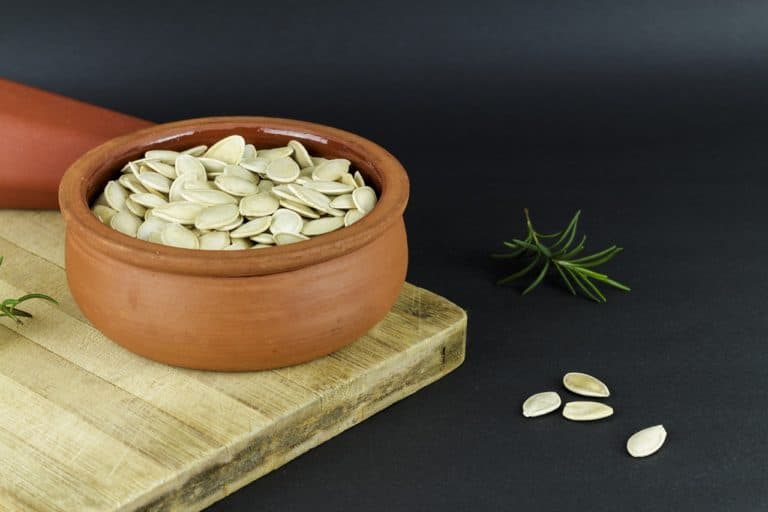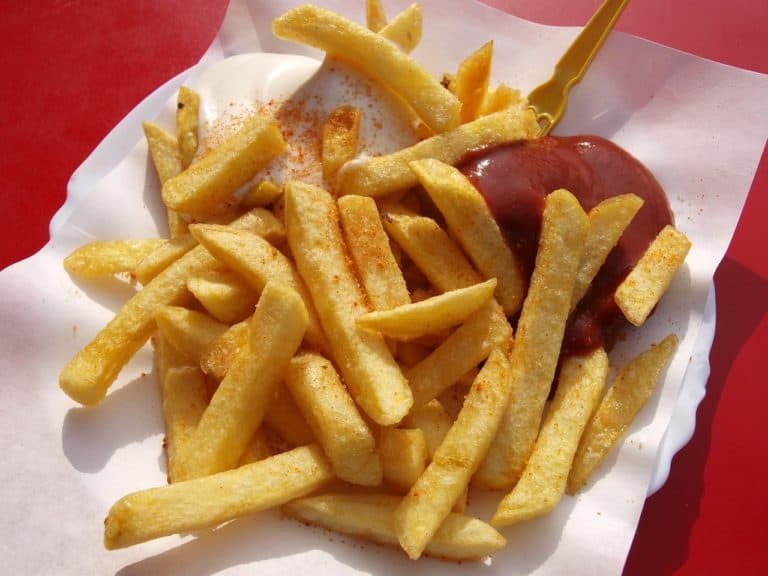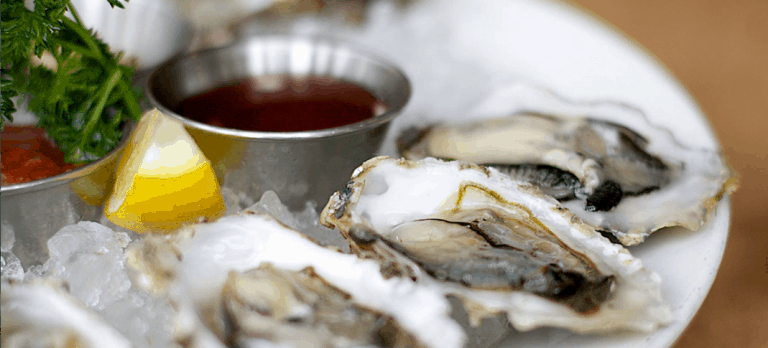Diindolylmethane (DIM) is a phytonutrient that is released in the body when gastric acid from the digestive process acts on indole-3-carbinol, the precursor to DIM. Foods rich in indole-3-carbinol include those in the cruciferous group, such as broccoli, cauliflower, Brussel sprouts, kale, and cabbage, among others.
Research shows that DIM has the ability to promote and support metabolism of estrogen and related hormones by enhancing the liver’s ability to metabolize estrogen to a weaker factor called 2-hydroxyestrone, which helps protect prostate tissue from inflammation and cancer. DIM may also improve prostate function.
In a 2016 study, scientists evaluated the effect of DIM-based therapy on men diagnosed with a high-grade prostatic intraepithelial neoplasia (PIN) in a randomized, placebo-controlled, double-blind study. Eleven men received 900 mg DIM daily and 10 received placebo. After twelve months of treatment, men who took DIM showed a significant decline in morphological (structural) changes while those in the placebo group did not. In nearly half (45.5%) of the men in the DIM group, a complete regression of PIN was seen, and they also experienced an improvement in urinary flow rate.
Overall, the investigators concluded that use of a DIM supplement “may be a promising drug candidate in patients with high-grade PIN.”
In another 2016 study, this one from Wayne State University School of Medicine, researchers showed that both in vitro and in vivo treatment with a DIM product caused “downregulation in the expression of wild-type” androgen receptor, which suggests that the nutrient can be effective against human prostate cancer. In a separate clinical trial, use of the DIM supplement inhibited androgen receptor target genes. All of this indicates that DIM can be helpful in promoting and supporting prostate health.
Although both DIM and indole-3-carbinol are available as supplements, absorbable DIM is recommended because the body is much better able to absorb DIM, whereas only about 10 percent of indole-3-carbinol is converted to DIM in the gut.
References
Li Y, Sarkar FH. Role of BioResponse 3,3’diindolylmethane in the treatment of human prostate cancer: clinical experience. Medical Principles and Practice 2016; 25 Suppl 2:11-17
Paltsey M et al. First results of the double-blind randomized placebo-controlled multicenter clinical trial of DIM-based therapy designed as personalized approach to reverse prostatic intraepithelial neoplasia (PIN). EPMA Journal 2016 Apr 2; 7:5







